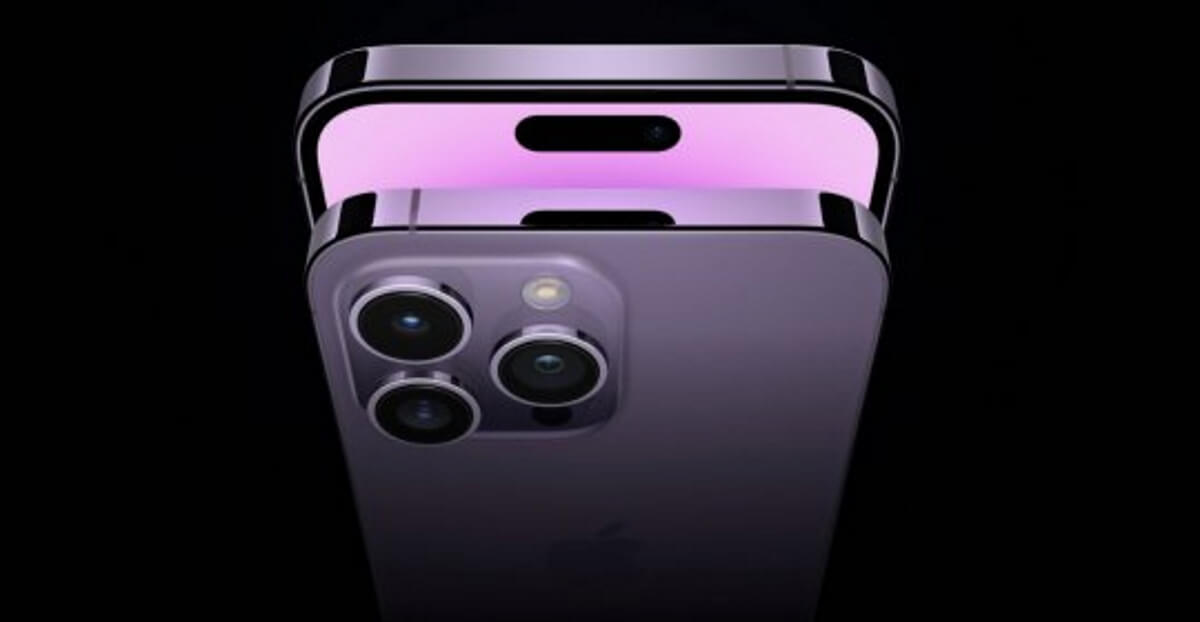With the launch of iPhone 14, more and more reports are coming in of a bug that makes the camera physically fail if you use it in some very popular apps.
The reports are mostly centered around the flagship iPhone 14 Pro Max but the iPhone 14 Pro is also affected. The phoenes have an issue where you can physically crash the camera if you use apps like Instagram, TikTok or Snapchat.
The bug is related to the optical image stabilization feature (OIS), which uses a motor that keeps the camera steady to take pictures.
“Opening the camera in certain apps causes the OIS motor to go haywire, causing audible grinding sounds and physically vibrating the entire phone. The vibration does not occur when using the built-in camera app, suggesting the problem’s roots are in a software fault.
However, some have warned affected users to limit their usage of apps that trigger the bug, in case excess vibration causes permanent damage to the OIS system. The company has previously warned users about potential damage to the OIS motor, particularly in situations where their phones are experiencing significant vibration. In January this year, the company published a long warning note for users about the risk of mounting their iPhones near “high-power motorcycle engines,” warns a report from The Guardian.
Apple explained earlier this year that high-amplitude vibrations within certain frequencies can degrade the iPhone camera. Still, with the iPhone 14 lineup being out on shelves for just 4 days, it’s unlikely that anyone broke their iPhone camera by mounting it to a motorcycle.
Apple said this iPhone 14 camera bug only affects third-party apps and they’re working on a software update that will get it fixed next week.
In the meantime, if you have an iPhone 14 Pro Max, don’t use any social media app to take pictures, just rely on Apple’s camera for the moment. It’s probably best you don’t use any apps that access the camera, just to avoid this bug.
Also read: iOS 16 Will Soon Get A New Feature: How ‘Clean Energy Charging’ Works on iPhone
Follow TechTheLead on Google News to get the news first.



















